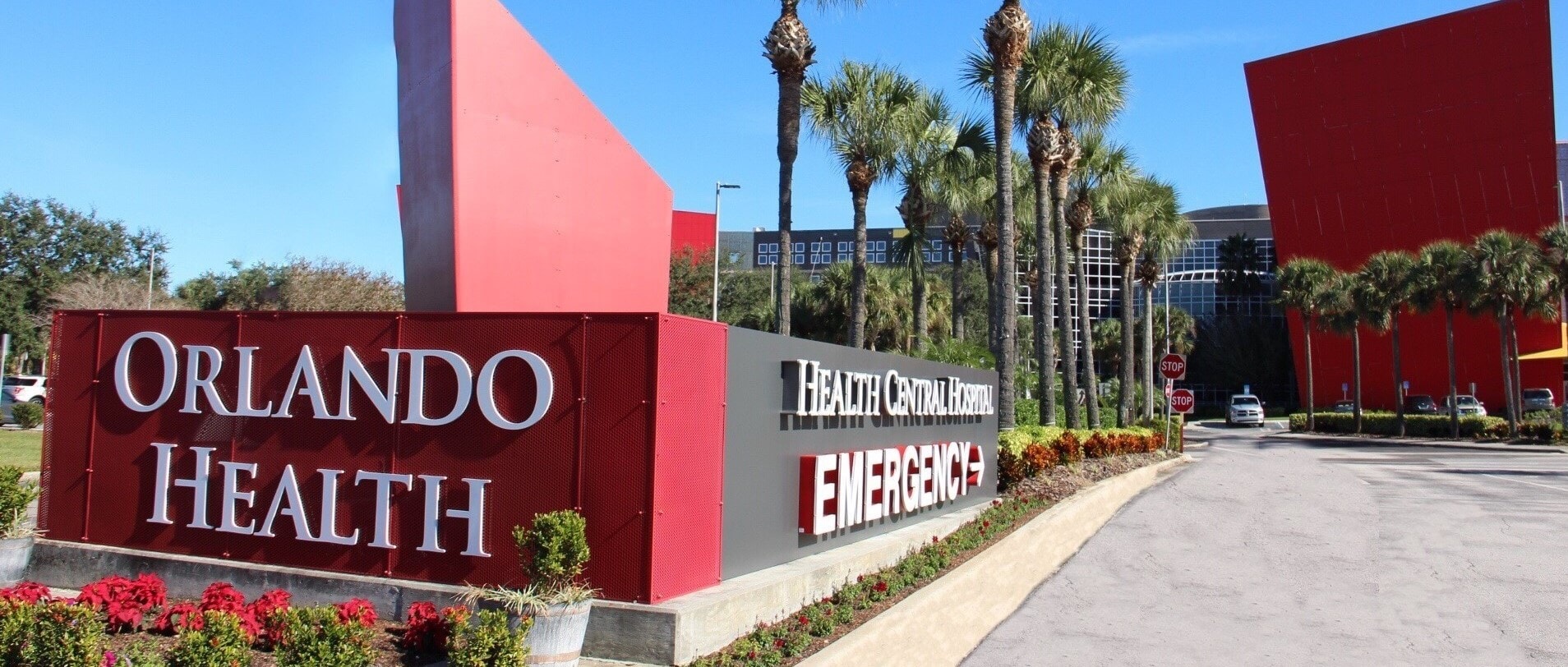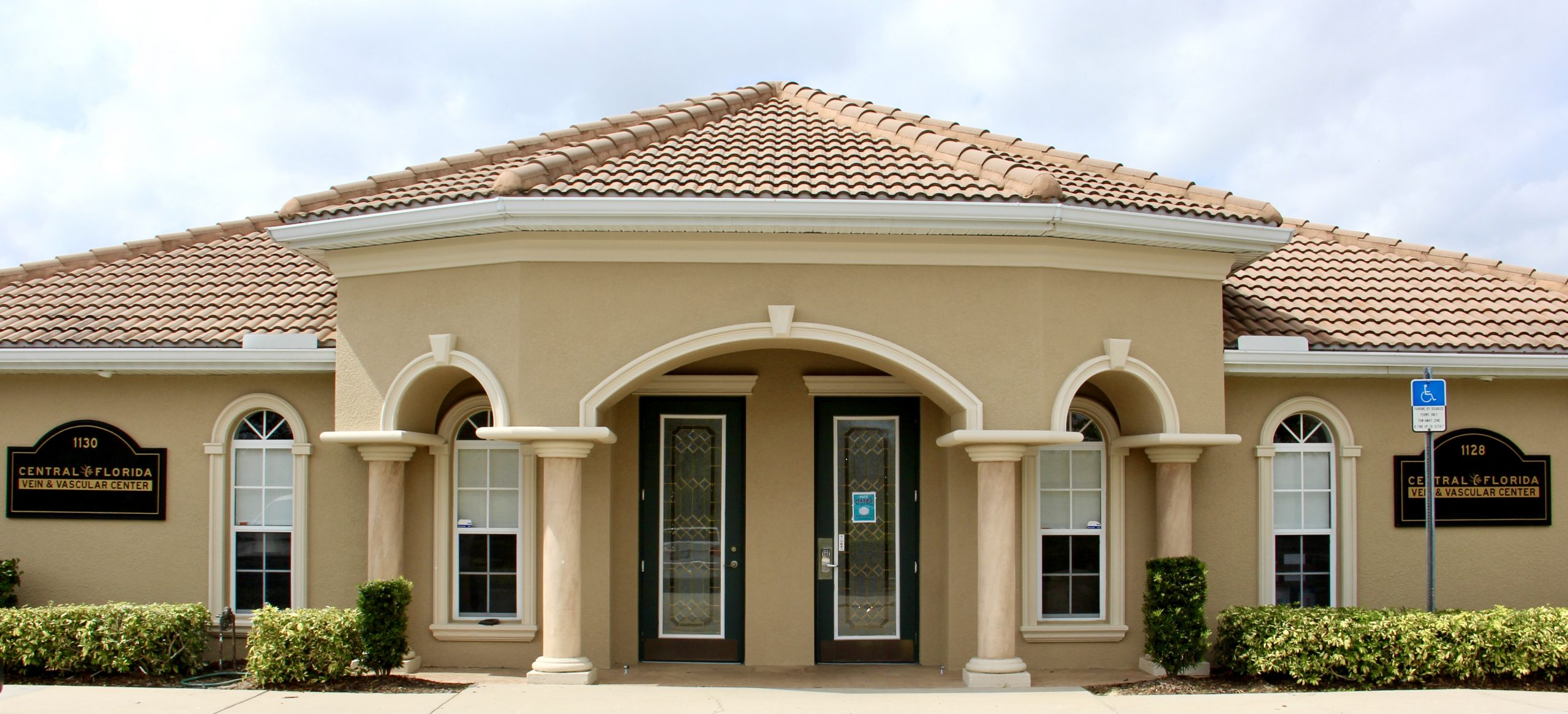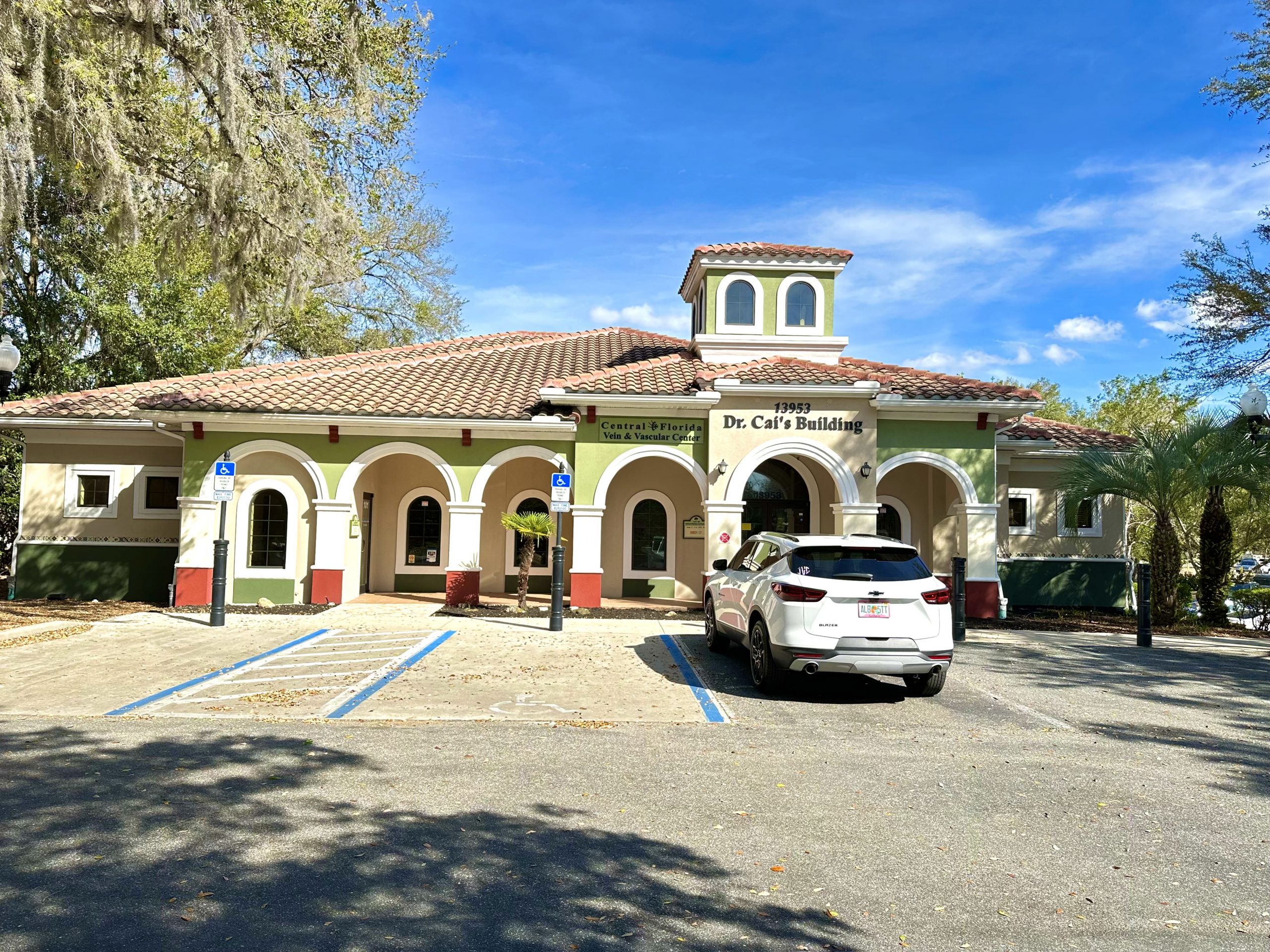If you’ve chosen to receive treatment for those frustrating, painful varicose veins—great! You’ve made an excellent choice for your venous health. Although many current treatment options are quick and noninvasive with minimal recovery periods, complications can still arise post-surgery, so it’s critical to follow your vein specialist’s directions for recovery. Now, this isn’t a reason to rush out and cancel your appointment—ignoring varicose vein treatment can lead to worse health issues—but it’s good to be aware of potential complications as well as precautions you can take to lessen your risk of complications. The vascular surgeons in Orlando at Central Florida Vein & Vascular Center want to share some information about deep vein thrombosis post-surgery, as well as tips to avoid it.
What is Deep Vein Thrombosis?
Deep vein thrombosis is, simply, a fancy medical way of saying blood clot—a gelatinous clump of blood that sticks in your vein, most often in the leg. These clots can also develop in an arm or another deep vein in the body. They have the potential to move through the body, making them extremely dangerous, especially if they move to lungs causing a pulmonary embolism. Health care providers often use the term venous thromboembolism to describe both deep vein thrombosis and pulmonary embolisms. Any signs of blood clots forming should be taken seriously, and a medical professional should be contacted as soon as possible to avoid the worst-case scenario. Patients are most at risk of developing a deep vein thrombosis in the days and weeks after surgery, so monitor yourself carefully and follow your specialist’s directions to mitigate your risk. Your specialist will be trained in handling the risks associated with treatment. They will usually prescribe one or more of the following to prevent occurrence:
- Anticoagulant
- Compression stockings
- Exercises
- Short walks
- Sequential compression devices (also called intermittent pneumatic compression devices)
These will help to improve your circulation and keep any clots from forming post-surgery. Make sure to follow any directions your specialist gives you for recovery, even if you’re feeling fantastic. Your specialist has spent time crafting a treatment plan that will work for your body—and that includes the days after your surgery. They will know best what you need to do and for how long to avoid complications. Ignoring these guidelines could put you at a higher risk for more serious venous problems.
Steps to Take at Home
On top of what your specialist has prescribed, there are a few things that you can do at home to help prevent any complications during recovery. A few of these may overlap with what your specialist will have already prescribed.
Anticoagulation Medication
Anticoagulation medication can be a huge help in preventing deep vein thrombosis. As the purpose of the medicine is to keep your blood from forming those gelatinous clumps, it can offer some peace of mind as it lowers your risk.
Compression Stockings
Compression stockings are designed to apply the most pressure to the bottom of your leg, and then gradually decreases pressure toward the top of the stocking. This gradient level of pressure gives your healing legs some extra assistance with proper circulation.
Returning to Activity
Mild activity is one of the best things you can do for proper circulation anytime—not just during recovery. A quick walk or swim strengthens the veins in your leg, which encourages proper blood flow. This lessens your chance of blood coagulating post-surgery.
Sequential Compression Device
Sequential compression devices, sometimes referred to as intermittent pneumatic compression devices, wrap around the leg and then alternate in inflating. This alternate pressure mimics the feeling of walking in order to ward off blood clots.
When to Get Help
Sometimes the worst-case scenario happens. Although these recovery tips do a lot to lessen the risk of developing a blood clot post-surgery, everyone reacts to medical procedures differently. If you notice any of these symptoms, don’t wait in contacting a physician.
- Chest pain
- Shortness of breath
- Fast heartbeat
- Excessive sweating
- Fainting
- Coughing up blood
- Pain, swelling, redness, or warmth in the leg, arm, or another area
These symptoms are your body telling you that something is wrong. Remember, deep vein thrombosis is not something to be taken lightly, and it will definitely not go away if you ignore it. When you start noticing that chest pain or fast heartbeat, call a medical professional immediately for assistance. Quick response to these symptoms is a critical part of avoiding deep vein thrombosis turning into a pulmonary embolism. Although complications after surgery may seem frightening, the specialists at Central Florida Vein & Vascular Center would like to stress that most people do not experience troubles in recovery. Current treatment options are safe and noninvasive, allowing many to return to their lives without the pain and swelling associated with varicose veins. It’s important to keep in mind that every surgical procedure has its risks, but the benefits patients receive from undergoing treatment outweigh the rare chance of complication. Avoiding treatment out of fear of the risks can lead to worse health issues later on in life. For the best results, it’s usually ideal to address a problem early when it’s easiest to treat and far from becoming a serious problem. If you’re looking into receiving treatment for your varicose veins, consider reaching out to the vascular surgeons in Orlando at Central Florida Vein & Vascular Center. Our specialists have dedicated themselves specifically to venous health so that they can give you the best treatment possible. We believe that your health is important, and every person is different; what worked well for one person isn’t necessarily going to be the best option for the next. We aim to provide quality care that fits each of our patient’s individual needs. To schedule a consultation with one of our specialists, please call us at 407-545-3385 or 352-658-5547. If you would like to know more about varicose veins and the treatment options that may be available to you, you can browse our blog for more information.




